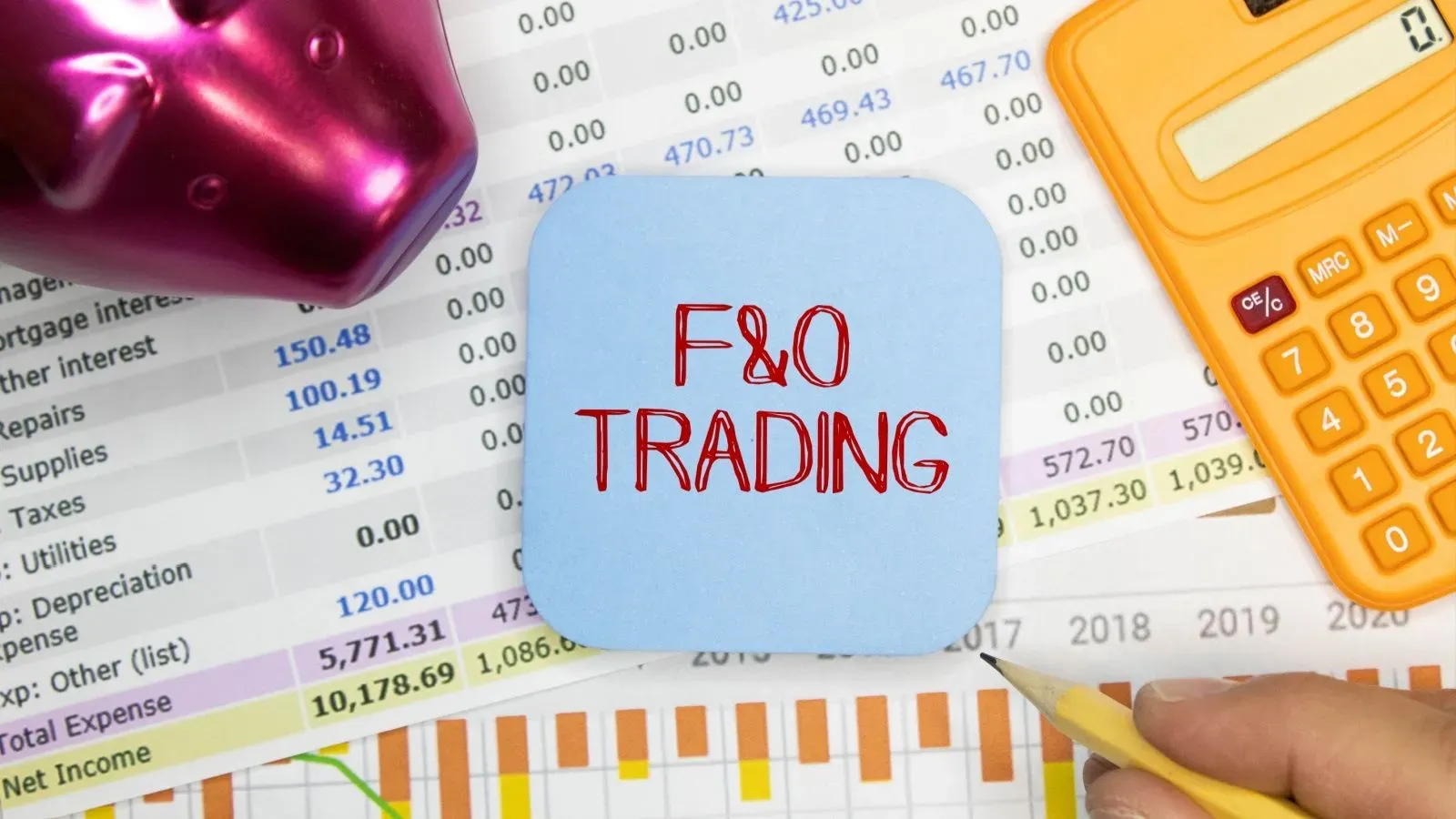What is the Expiration Time in Options Trading?
Written by Mariyam Sara
Published on October 06, 2025 | 4 min read

If you are an options trader or follow the stock market, you might have heard about the options expiry date and its impact on the overall market trends. From the perspective of the F&O market, it determines the validity of your position and when the final settlement takes place. Traders (both in derivatives and equity) need to manage risks, plan exits, and avoid losses due to sharp movements, which typically occur during the expiry period.
What Does Expiration Time Mean in Options Trading?
In options trading, expiration time refers to the point at which the contract comes to an end and must be settled or squared off. Irrespective of the contract type (index-based or stock-specific), every option has a fixed expiry date. On the expiry date, it can either be exercised or become worthless. In India, most options follow a weekly or monthly expiry cycle.
Let us understand how it works with an example:
Suppose you are a trader who is bullish on the price of Infosys shares for the next few days. The current price of the share is ₹ 1,400 on the NSE. You anticipate that the price should move upwards for the next two weeks. You purchase an INFY Call Option with a strike price of ₹1420 with an expiry date of the last Thursday of June (27th June). The lot size is 300 shares, and the premium is ₹25 per share. Total premium paid is ₹300*25= ₹7500.
| Stage | Details |
|---|---|
| Square Off Before Expiry | Sell option in the market if the premium rises (e.g., to ₹52). Profit = ₹18,100 |
| Hold Till Expiry & ITM | INFY closes at ₹1,460 → Intrinsic value = ₹40 → NSE settles in cash OR physical delivery |
| Physical Settlement | Need ₹4,26,000 (₹1,420 × 300) margin to take delivery of 300 shares |
| Margin Required | Full value of contract ₹4.26 lakh in cash/collateral (required by expiry day) |
| If Margin is Unavailable | The broker may auto-square-off or impose penalties for delivery default |
| If the Option is OTM on Expiry | Option expires worthless; loss = ₹7,500 (entire premium paid) |
However, generally, most retail traders exit before expiry to avoid delivery of shares at the expiry date and incur premium losses.
Types of Expiry in the Indian F&O Market
Option contracts expire monthly and weekly as follows:
Monthly Expiry
This is the traditional date of option expiry. Monthly options expire on the last Thursday of each month. If that day is a trading holiday, the expiry is moved to the previous trading session. This applies to both stock and index options.
Weekly Expiry
Weekly options, introduced later for added flexibility, are primarily applicable to index options such as NIFTY 50, BANK NIFTY, and FINNIFTY. These expire every Thursday. These are best suited for very short-term trading opportunities and are preferred by both intraday and swing traders.
Settlement of Options Contracts on Expiry
There are two ways of settlement of contracts on expiry: cash settlement and physical delivery (depending on the underlying asset). If the trader deals in index options contracts that are always cash settled, the difference between the strike price and the closing price is credited or debited in money.
On the other hand, for stock options, SEBI has mandated physical settlement if they are ITM (In The Money). That means:
-
Call option buyers must pay the full contract value and take delivery of shares.
-
Put option sellers must deliver shares if the contract is exercised.
Out-of-the-money (OTM) options expire worthless with no settlement obligation. At-the-money (ATM) contracts are also treated as OTM if there’s no intrinsic value.
FAQs
What is the expiration time in options?
The expiration time is the exact date and time when an options contract becomes void and is no longer exercisable.
When do options expire?
Exchange-traded options typically expire at market close on the third Friday of the expiration month, or the preceding Thursday if the third Friday is a holiday, with the contract becoming null shortly after.
What happens if you don’t exercise an ITM option before expiration?
In-the-money options are usually automatically exercised at expiration, leading to settlement of cash or delivery, unless you instruct your broker otherwise.
Do all options expire worthless?
No, only out-of-the-money options expire worthless; in-the-money ones are exercised or assigned for value.
How does time decay affect options near expiry?
As expiration approaches, the time value (theta) of an option erodes quickly, diminishing the premium unless offset by favourable price movement of the underlying asset.
Expiry days in options trading are marked by high volatility, as traders rush to square off positions and premiums erode rapidly due to time decay. Sudden price swings, unwinding of open interest, and institutional adjustments are common. To avoid delivery risks or margin hassles, it’s wise to exit positions in advance. Understanding expiry mechanics not only protects capital but also sharpens your trading strategy in the fast-moving F&O landscape.
About Author
Mariyam Sara
Sub-Editor
holds an MBA in Finance and is a true Finance Fanatic. She writes extensively on all things finance whether it’s stock trading, personal finance, or insurance, chances are she’s covered it. When she’s not writing, she’s busy pursuing NISM certifications, experimenting with new baking recipes.
Read more from MariyamUpstox is a leading Indian financial services company that offers online trading and investment services in stocks, commodities, currencies, mutual funds, and more. Founded in 2009 and headquartered in Mumbai, Upstox is backed by prominent investors including Ratan Tata, Tiger Global, and Kalaari Capital. It operates under RKSV Securities and is registered with SEBI, NSE, BSE, and other regulatory bodies, ensuring secure and compliant trading experiences.






















